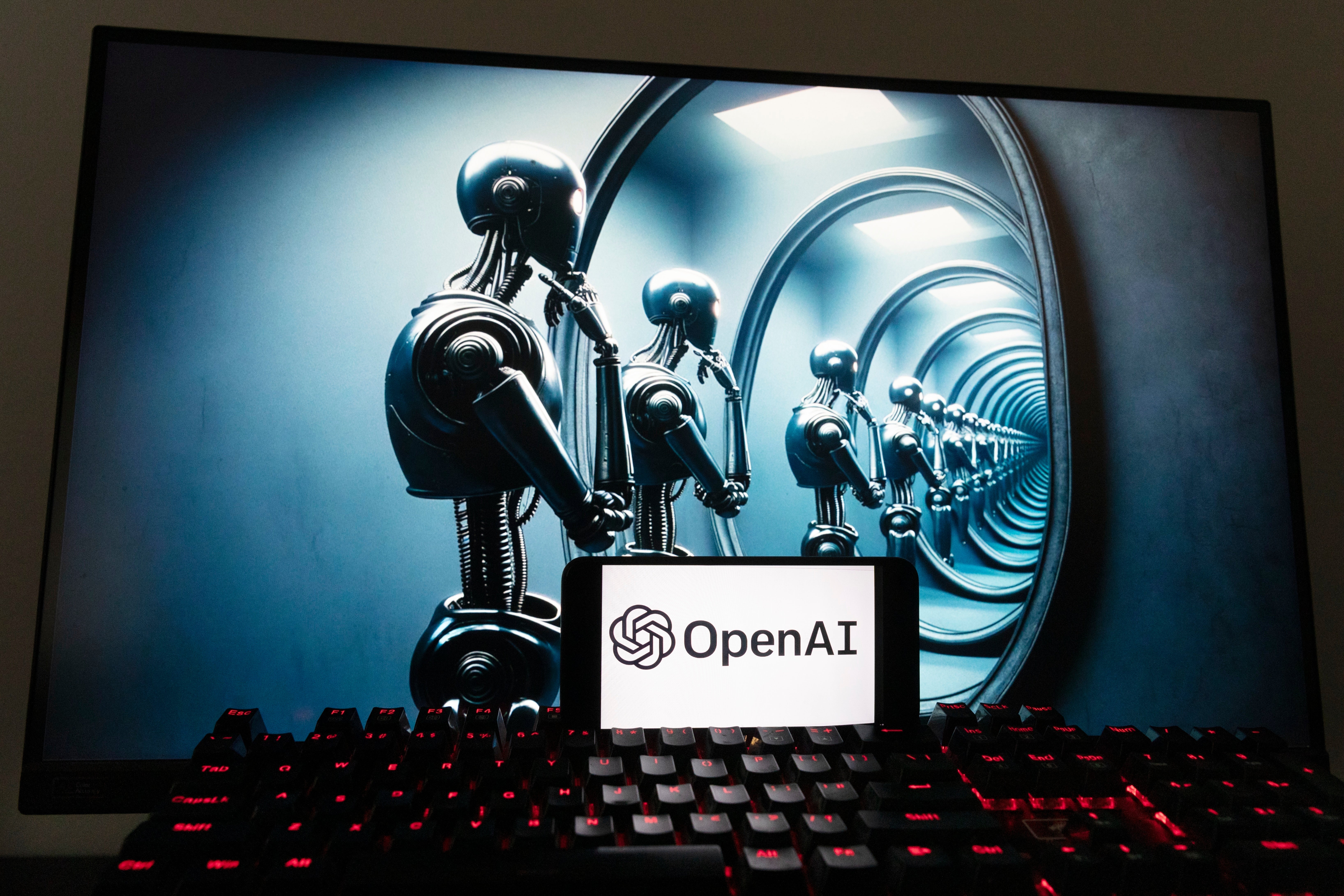New York Times sues OpenAI and Microsoft for copying articles
Newspaper alleges it is owed ‘billions of dollars in statutory and actual damages’
Your support helps us to tell the story
From reproductive rights to climate change to Big Tech, The Independent is on the ground when the story is developing. Whether it's investigating the financials of Elon Musk's pro-Trump PAC or producing our latest documentary, 'The A Word', which shines a light on the American women fighting for reproductive rights, we know how important it is to parse out the facts from the messaging.
At such a critical moment in US history, we need reporters on the ground. Your donation allows us to keep sending journalists to speak to both sides of the story.
The Independent is trusted by Americans across the entire political spectrum. And unlike many other quality news outlets, we choose not to lock Americans out of our reporting and analysis with paywalls. We believe quality journalism should be available to everyone, paid for by those who can afford it.
Your support makes all the difference.The New York Times has sued ChatGPT maker OpenAI and Microsoft over alleged copyright infringement.
The newspaper accuses the companies in a new lawsuit of using its intellectual property to train the large language models used by ChatGPT.
In the lawsuit filed on Wednesday in the US District Court for the Southern District of New York, the Times says it is owed “billions of dollars in statutory and actual damages” for the “unlawful copying and use of The Times’s uniquely valuable works.”
Chat GPT is a large language model that lets users enter prompts to receive human-like text, images or videos created by AI.
The lawsuit claims “millions” of New York Times articles were used to train ChatGPT and that it now competes with the newspaper as an information source.

The newspaper said in a statement that it “recognizes the power and potential of GenAI for the public and for journalism” but stated that its material should not be used for commercial gain by other companies.
“Settled copyright law protects our journalism and content,” the Times added.
“If Microsoft and OpenAI want to use our work for commercial purposes, the law requires that they first obtain our permission. They have not done so.”
An OpenAI spokesperson said they were “surprised and disappointed” at the lawsuit.
“We respect the rights of content creators and owners and are committed to working with them to ensure they benefit from AI technology and new revenue models,” a company spokesperson told The Independent.
“Our ongoing conversations with the New York Times have been productive and moving forward constructively, so we are surprised and disappointed with this development. We’re hopeful that we will find a mutually beneficial way to work together, as we are doing with many other publishers.”
The Independent has reached out to Microsoft for comment
The lawsuit accuses Microsoft and OpenAI of “mass copyright infringement” saying their their AI systems were “used to create multiple reproductions of The Times’s intellectual property for the purpose of creating the GPT models that exploit and, in many cases, retain large portions of the copyrightable expression contained in those works.”
Microsoft has invested more than $10bn in OpenAI.
The lawsuit states that the newspaper unsuccessfully tried to reach “an amicable resolution” to the issue with the companies in April.

Join our commenting forum
Join thought-provoking conversations, follow other Independent readers and see their replies
Comments